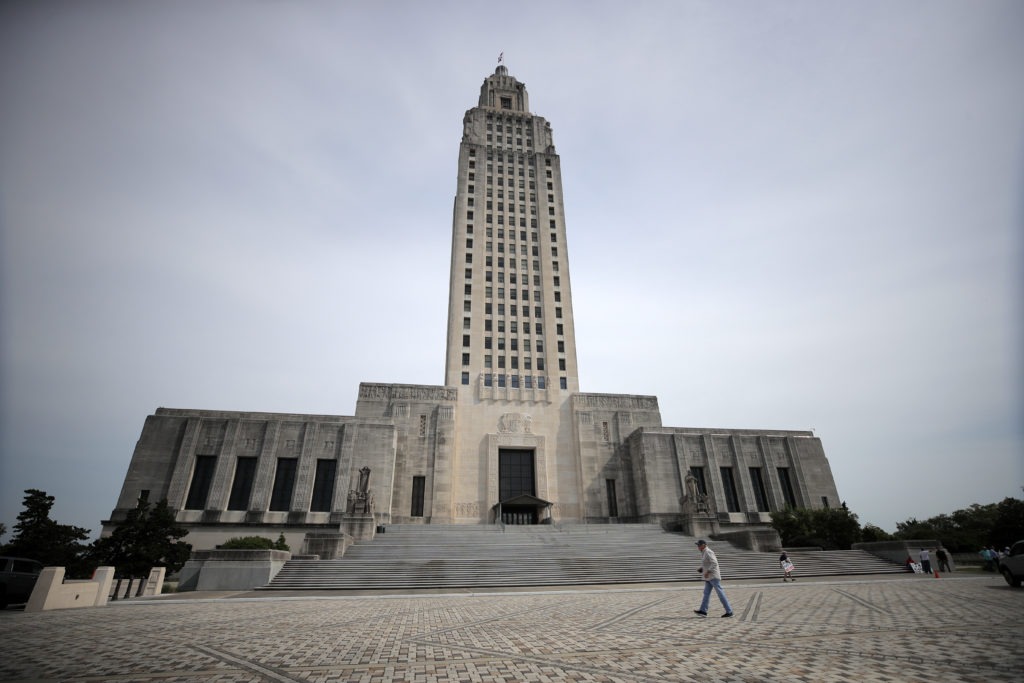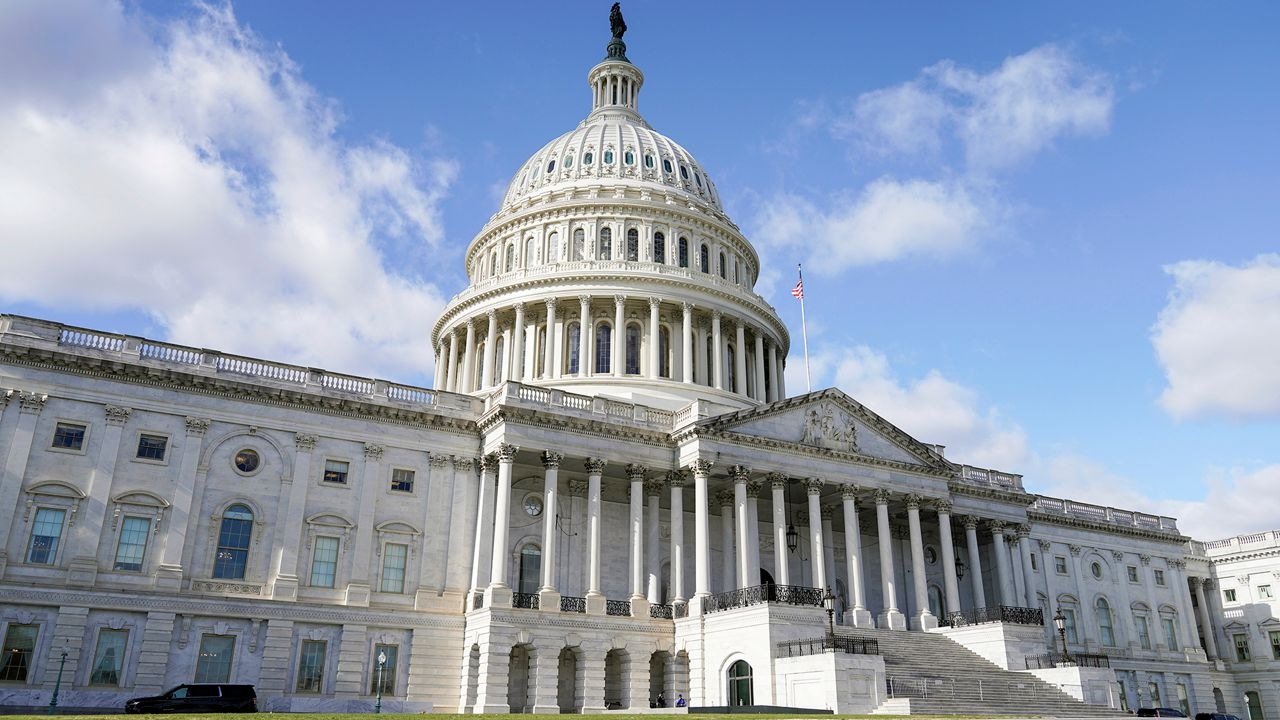The rejection of Louisiana’s new congressional map by a panel of federal judges has injected fresh uncertainty into the state’s district boundaries ahead of the fall elections. The ruling, which was opposed by the state attorney general and governor, puts the use of the map drawn up in January on hold.
The decision was based on the finding that the new map violated the equal protection clause of the 14th amendment, as race was deemed the predominant factor in its creation. However, there was dissent among the judges, with one arguing that political motivations should have been given more weight.

US judges reject new Louisiana voting map (Credits: PBS)
The ruling complicates the preparation for the November election, as the state must now determine its district boundaries in the midst of the ongoing legal battles. Another federal judge has suggested that the state may be in violation of the federal Voting Rights Act due to the way it divides Black voters among congressional districts.
The rejection of the map also has implications for individual politicians, such as Representative Garret Graves, whose district was seriously affected by the proposed changes. Additionally, state senator Cleo Fields, who intended to run in the new district, may need to reassess his plans.

U.S. judges veto Louisiana map with majority-Black district (Credits: NY1)
Representative Troy Carter, the state’s only Democrat and only Black member of the current congressional delegation, condemned the ruling, expressing his dissatisfaction with the decision on social media.























